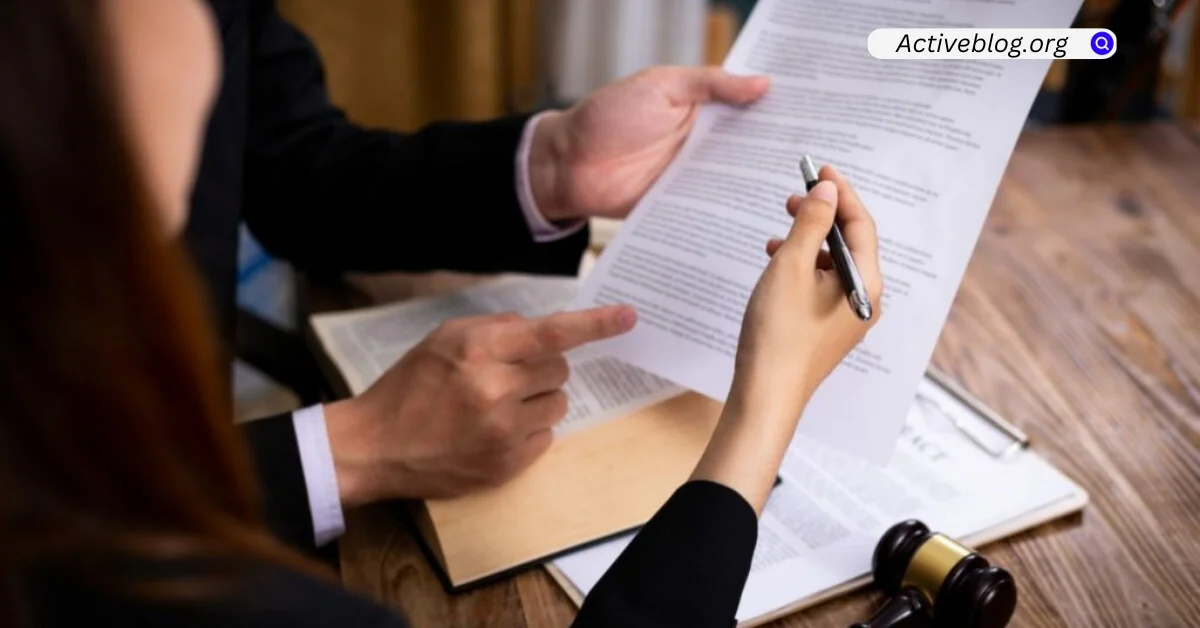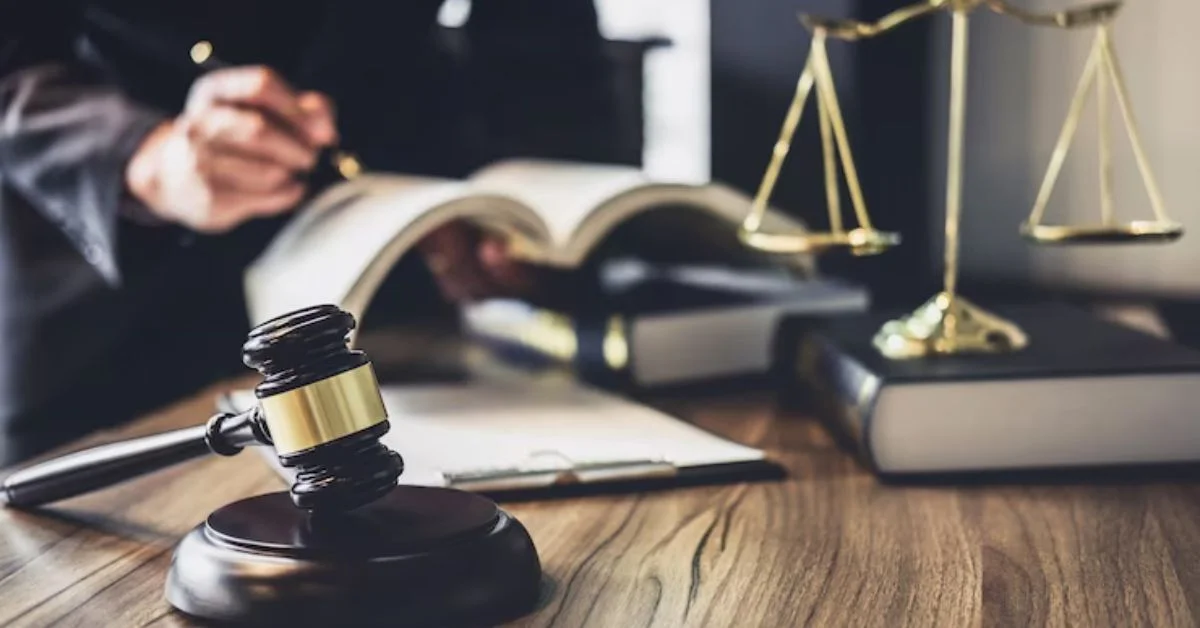Are you facing a civil lawsuit? If so, you might feel overwhelmed by the whole thing.
You don’t have to go through the process alone. For example, you can work with a lawyer to handle different aspects of the case. At the same time, you can ensure you understand the process by learning about the basics of civil litigation.
Do you want to know more about what is civil litigation? See below for an in-depth guide to legal proceedings and explanations of what you need to know about civil litigation.
The Basics
Civil litigation is settling legal disputes between parties through the courts. Each side presents their arguments in court, and a judge or jury ultimately decides. Parties can also agree outside of court. However, it is common for one party to force the other to go to court over the disagreement.
The issue is usually related to a breach of contract, a tort, a violation of a civil law, or some other legal problem. At the trial, each side presents evidence, witnesses, and arguments.
Evidence can include documents, pictures, or data. Witnesses may also be called to testify under oath.
Types of Civil Litigation
A plaintiff, who may be a person or entity, files a civil lawsuit against a defendant, who may be an individual, organization, or other entity. Civil litigation includes:
- contract disputes
- business torts
- personal injury
- family matters
It can be expensive and complex, often requiring extensive research and preparation and sometimes even going to trial. Anyone considering this must understand the litigation process.
Preparing for a Civil Lawsuit
Preparation for a civil lawsuit begins with proper research and planning. When researching the opposing party, it is essential to have a clear understanding of what led to the suit in the first place, and a knowledgeable practitioner should be consulted as to the potential outcomes of the case.
Once the research has been conducted and a case theory is present, counsel should prepare the necessary pleadings to begin the suit. All elements required to establish a claim must be included in the pleadings, such as:
- facts
- legal arguments
- reasonable expectations for results
Documentary evidence, such as contracts, photos, medical records, or witness testimonies, may be requested from the opposing party and must be included.
Practical Considerations
An experienced attorney can usually advise parties on the best methods to obtain a successful resolution, whether a settlement or a trial before a judge and jury. Whether one is suing or defending against a lawsuit, it’s essential to understand the process to achieve a desirable outcome.
Preparing a detailed complaint or statement of defense is also critical to the process. Dedication and patience are necessary to ensure a fair resolution with the results in mind. To file a lawsuit, please visit stevedimopoulos.com for more information.
Understanding What Is Civil Litigation
As discussed in this article, it allows people to litigate a dispute between two or more parties without going to trial. It’s a complex process that requires guidance from experienced attorneys.
By educating yourself on what is civil litigation, you can make the most informed decision about what to do. Contact a qualified attorney to learn more about civil litigation and how it pertains to your case.
Do you want to find more helpful info? Check out more of our guides on our blog today!










